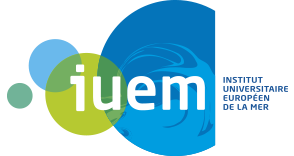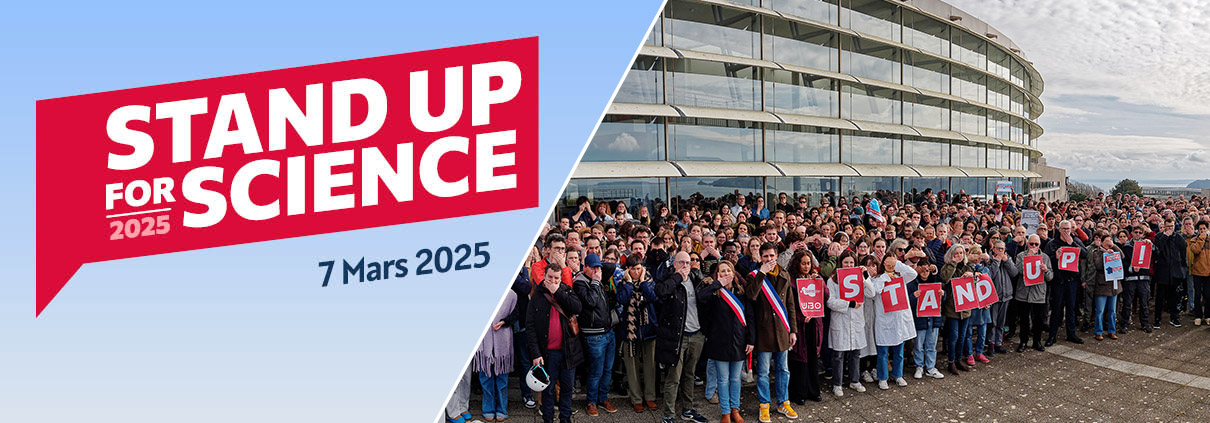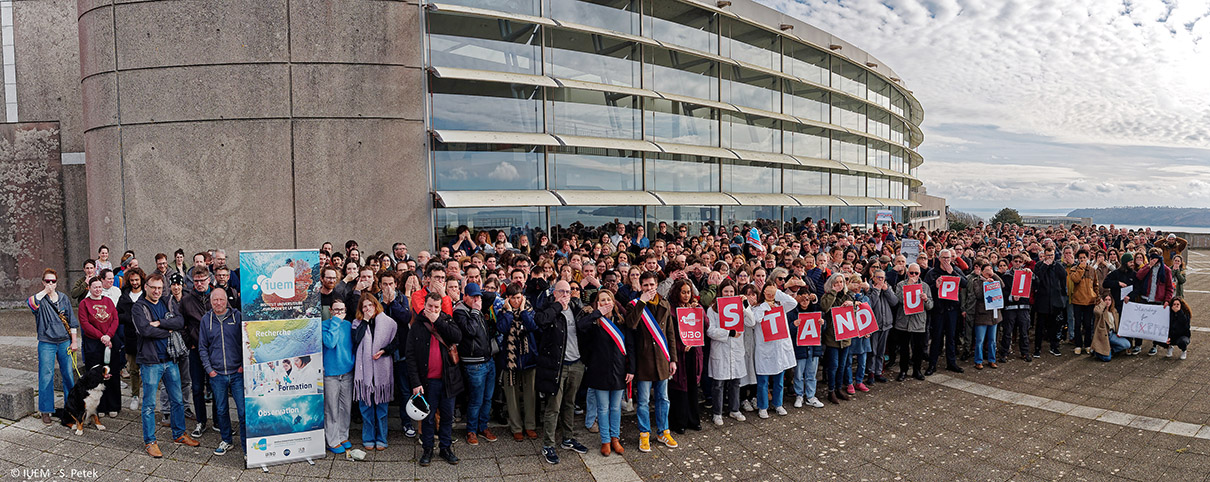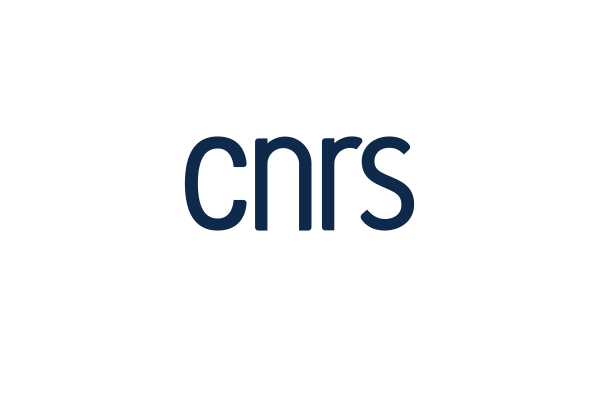https://www-iuem.univ-brest.fr/wp-content/uploads/2025/03/Troisieme-nature-main.jpg
423
1210
Sebastien Herve
https://www-iuem.univ-brest.fr/wp-content/uploads/2018/06/iuem-logo-header.png
Sebastien Herve2025-03-14 16:39:232025-03-14 16:39:23“Troisième Nature” exhibition at the Champs-Libres, in Rennes
https://www-iuem.univ-brest.fr/wp-content/uploads/2025/03/SUFS-2025-main.jpg
423
1210
Sebastien Herve
https://www-iuem.univ-brest.fr/wp-content/uploads/2018/06/iuem-logo-header.png
Sebastien Herve2025-03-10 10:23:572025-03-10 10:23:57Stand Up for Science !
https://www-iuem.univ-brest.fr/wp-content/uploads/2025/03/amure-ban-prix-seignelay-2024-1200.jpg
600
1200
Severine Julien
https://www-iuem.univ-brest.fr/wp-content/uploads/2018/06/iuem-logo-header.png
Severine Julien2025-03-04 19:34:302025-03-10 10:29:43The 2024 Seignelay Prize
https://www-iuem.univ-brest.fr/wp-content/uploads/2025/03/amure-news-ban-web-1210.jpg
605
1210
Severine Julien
https://www-iuem.univ-brest.fr/wp-content/uploads/2018/06/iuem-logo-header.png
Severine Julien2025-03-04 18:27:242025-03-04 18:27:28Annual Seminar of the DEAM Master’s Program
https://www-iuem.univ-brest.fr/wp-content/uploads/2025/02/pexels-christopher-politano-978995-30145743-1.jpg
453
1210
Benoit Soyer
https://www-iuem.univ-brest.fr/wp-content/uploads/2018/06/iuem-logo-header.png
Benoit Soyer2025-02-26 17:18:252025-02-26 17:18:25Launch of an IRD Ocean Youth Club in Brest
https://www-iuem.univ-brest.fr/wp-content/uploads/2025/02/LOPS_AAvenas_PhD.png
423
1210
Benoit Soyer
https://www-iuem.univ-brest.fr/wp-content/uploads/2018/06/iuem-logo-header.png
Benoit Soyer2025-02-26 17:16:152025-02-26 17:16:15CNFGG thesis prize awarded to Arthur Avenas
https://www-iuem.univ-brest.fr/wp-content/uploads/2025/02/IMG_6231.jpg
423
1210
Benoit Soyer
https://www-iuem.univ-brest.fr/wp-content/uploads/2018/06/iuem-logo-header.png
Benoit Soyer2025-02-07 11:44:532025-02-07 16:04:14AMOC, the climate against the current – Pascale Lherminier, UMR LOPS, on France Culture
https://www-iuem.univ-brest.fr/wp-content/uploads/2025/02/YTLive-Master-Bio2025-main.jpg
423
1210
Sebastien Herve
https://www-iuem.univ-brest.fr/wp-content/uploads/2018/06/iuem-logo-header.png
Sebastien Herve2025-02-06 11:08:532025-02-06 11:09:10Youtube Live presentation of the SML Biology Masters on 11 February from 6pm to 8pm
https://www-iuem.univ-brest.fr/wp-content/uploads/2025/02/JA-Zabri-2024.jpg
423
1210
Sebastien Herve
https://www-iuem.univ-brest.fr/wp-content/uploads/2018/06/iuem-logo-header.png
Sebastien Herve2025-02-03 09:43:402025-02-03 10:54:04A report on the Brest-Iroise Workshop Zone’s annual day: between science and territory
https://www-iuem.univ-brest.fr/wp-content/uploads/2025/01/JPO2025-Main-1.png
423
1210
Laure De Montbron
https://www-iuem.univ-brest.fr/wp-content/uploads/2018/06/iuem-logo-header.png
Laure De Montbron2025-01-30 08:53:552025-01-30 08:57:47UBO open days in Brest
Scroll to top






 10:30 – 11:00 | COFFEE BREAK
10:30 – 11:00 | COFFEE BREAK 12:30 – 14:00 | LUNCH BREAK
12:30 – 14:00 | LUNCH BREAK 16:00 | DELIBERATION
16:00 | DELIBERATION












